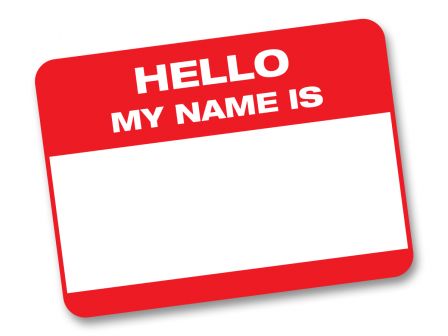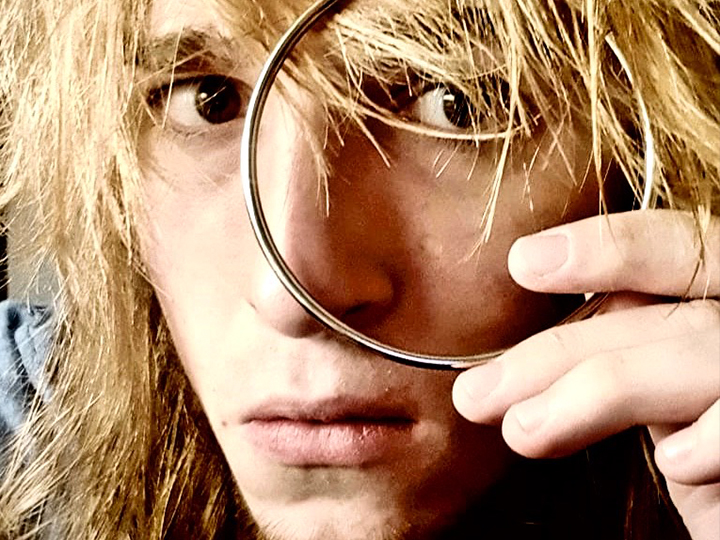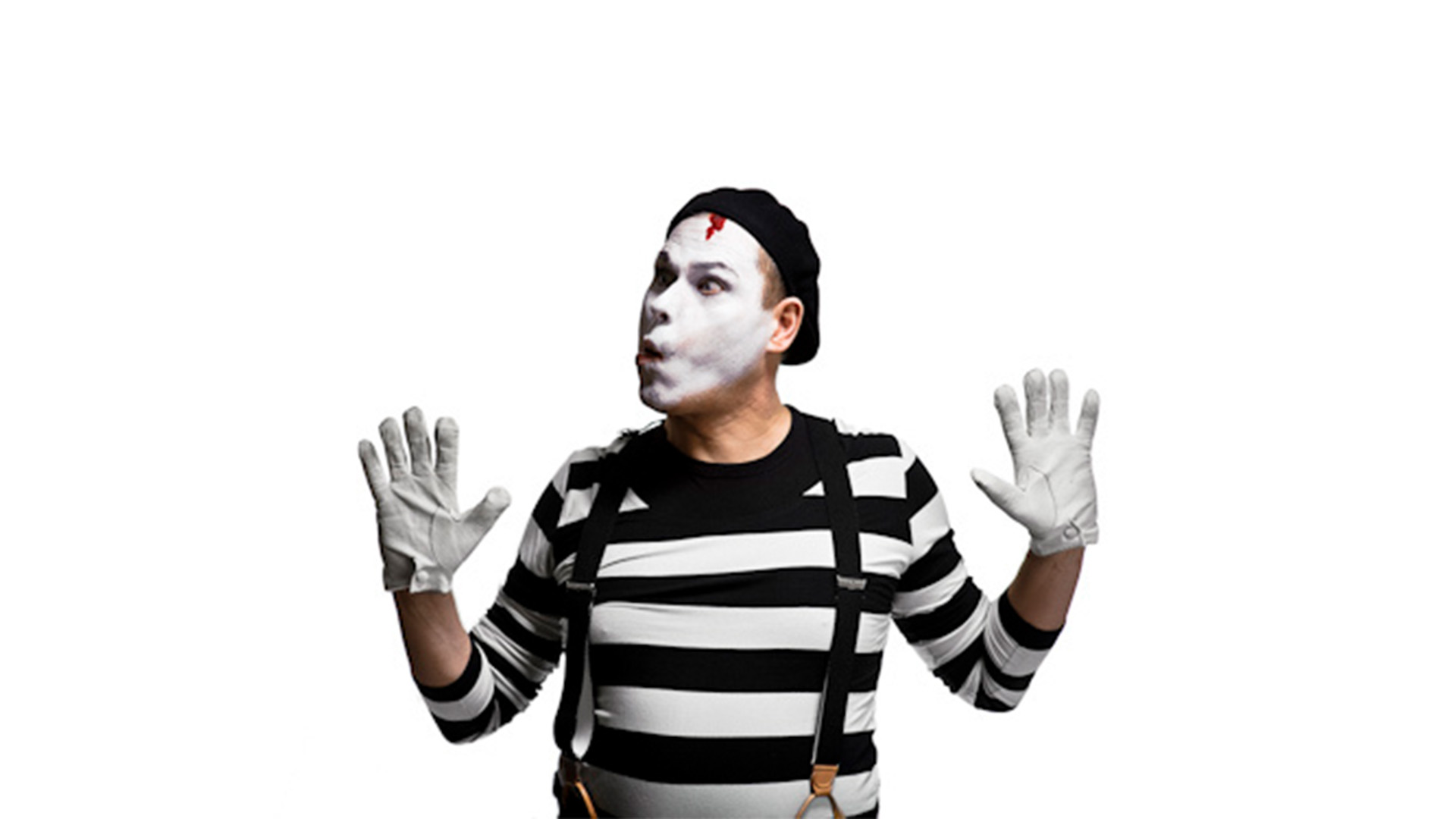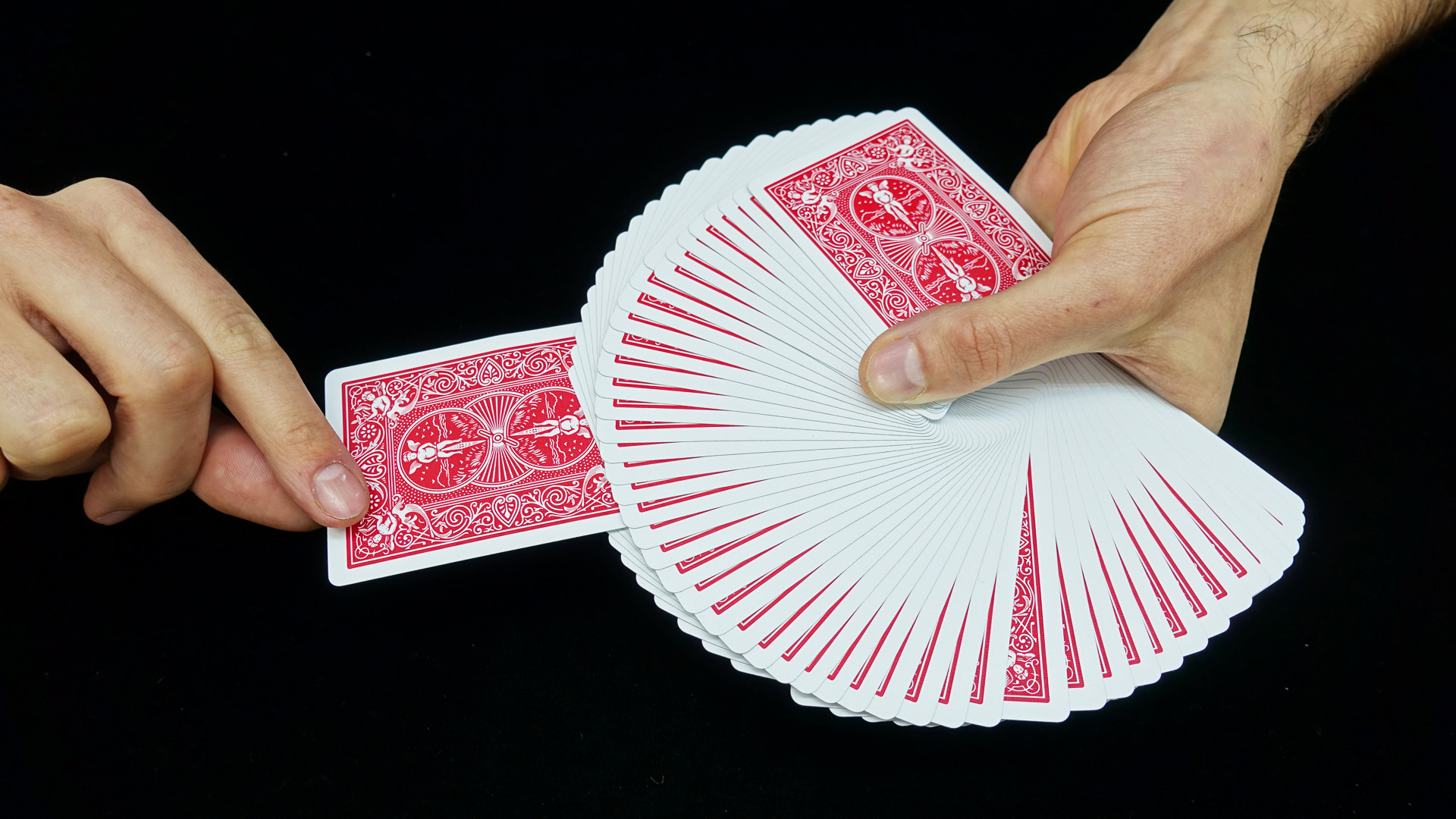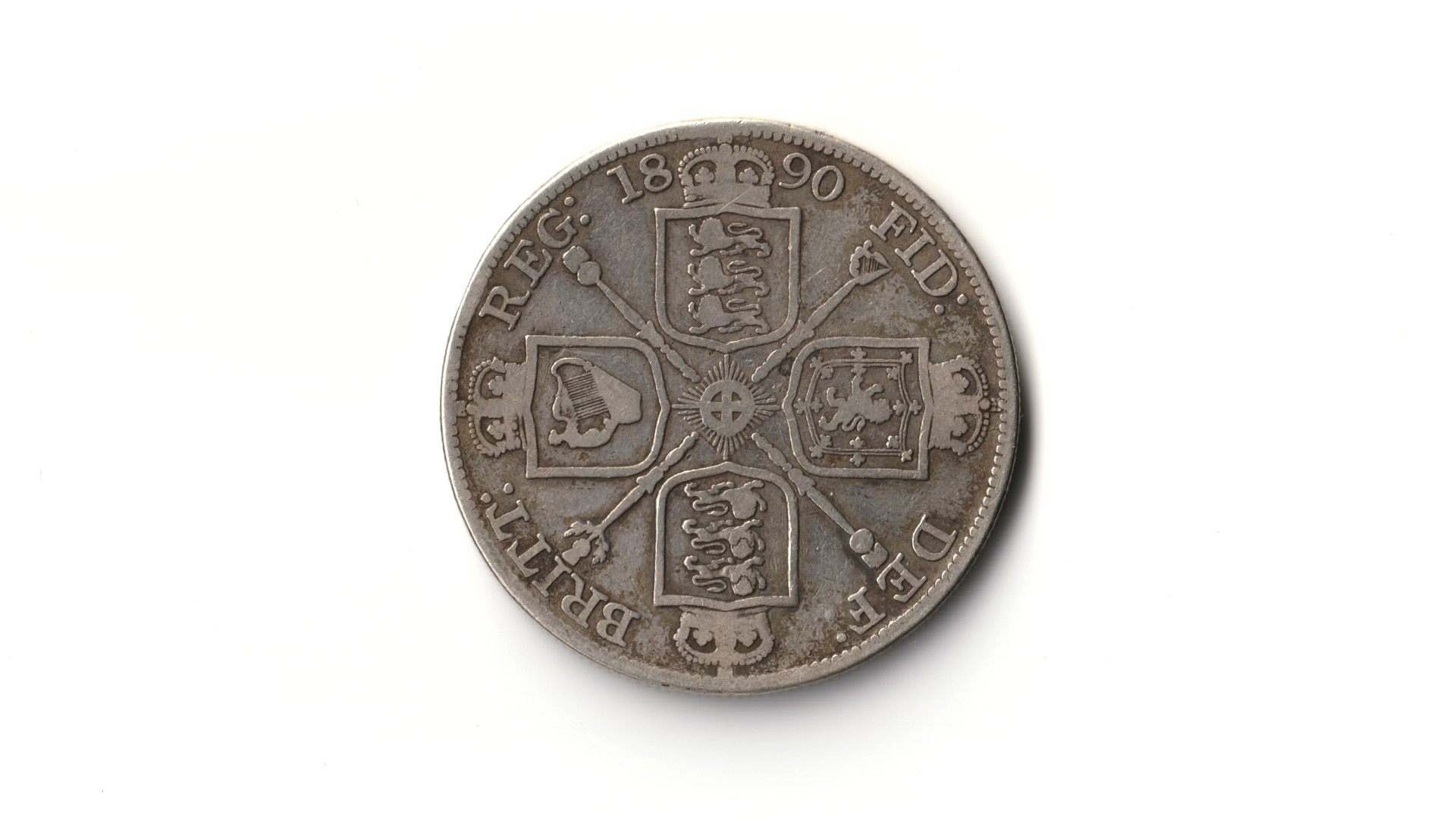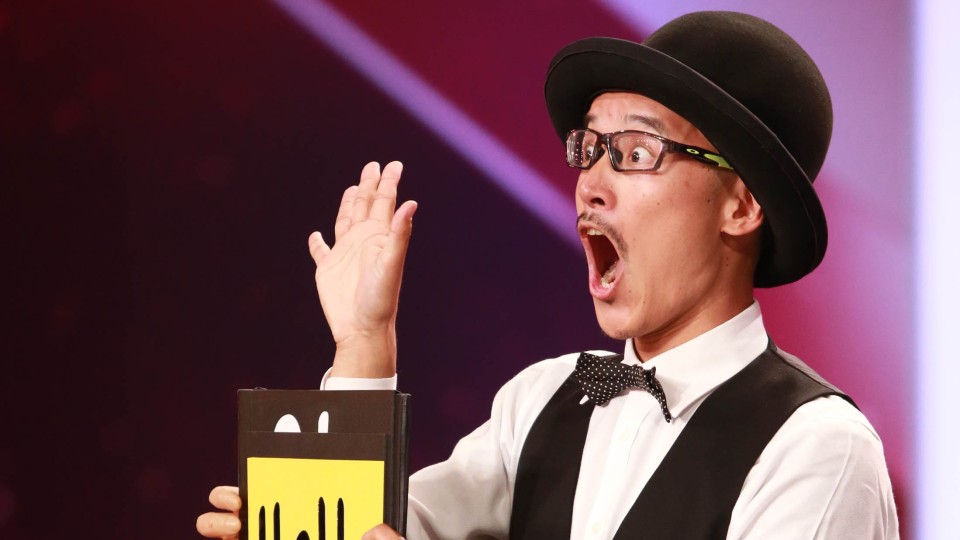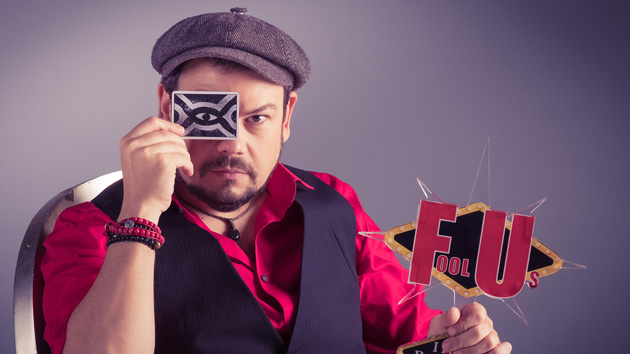Credit where credit is due

As magicians we are often told to give proper credit, but both practically and philosophically it’s far from an easy task, as we shall see.
The impetus for writing about this particular subject is a man named Micky Wong (no relation to Mr. Super Triple Coin). Word came to us at the Impossible Co. that Micky was unhappy with something featured in 3 Fly from the Sick 2 trailer. What was it that Micky felt was included without credit, I hear you ask. The plot? No, that belongs to Chris Kenner (in fact the germ of the modern 3 Fly can be traced further back than that, to Jonathan Townsend). A phase from the routine? Again, no. A technique? Warmer, but still no. What, then?
Micky’s complaint stems from the fact that when Ponta did the back thumb pinch, he used not the middle finger (as popularized by Lawrens Godon) but the index finger. By the way, I didn’t accidentally delete the rest of the sentence. That’s it. Doing someone else’s move using a different finger. In fact, if one were to get technical, Micky Wong can’t even lay claim to that ingenious invention. From what Lawrens has told me, it was an idea that he thought of and subsequently discarded. But that misses the point. There are two big problems with such a tenuous demand for credit. First is one of practicality. Ponta would have had to know that a largely anonymous Hong Kong coin magician had come up with the idea, despite not having published the move either in print or on film. Short of visiting every magic club in Asia (in fact, why stop there?), there is simply no way to guarantee an idea of yours has never been independently created. That’s not to say we shouldn’t do our homework. But if the burden of proof were to extend to such minutiae then nobody would have either the time or the confidence to publish anything at all.
The second problem is one of principle. In magic in general, and coin magic in particular, the idea of changing fingers is something that anyone who experiments with a technique for five minutes is bound to come up, and therefore arguably falls outside the realms of ownership. Crediting is not black and white. At one extreme, we can have a brand new routine from scratch. That’s clearly something that requires crediting. At the other extreme, I decide to do a published card effect but with red cards instead of blue. Unless you’ve had multiple botched lobotomies, you’re never going to claim that this is a creditable idea. But most magic lies somewhere along this continuum, and the question is not whether we give credit or not, but rather where we draw the line.
In this particular case, it’s highly debatable whether it crosses the threshold of creditworthiness. Nevertheless, having heard Micky’s complaint, Ponta still generously added him to the credits. But unfortunately that’s far from the end of the story. After the release of the Japanese version (the English version came out some days later), we again heard that Micky was unhappy with Ponta’s crediting. Owing to the his lack of Japanese, Micky misunderstood the credits and felt unappreciated. But once the English version came out with a clear nod to Micky, that wrapped things up. At least it should have. I then saw a social media post (not from Micky himself it must be noted) which again claimed that Ponta had been publishing Micky’s ideas without permission.
Theft of ideas and failure to acknowledge the work of others is clearly a serious problem in magic. But we must make sure that when we’re calling others out publicly, we’re doing it for the right reasons and in the right way. And pointing the (index) finger (©Micky Wong) without evidence and without having spoken to the person involved directly, doesn’t help with issue of crediting.

